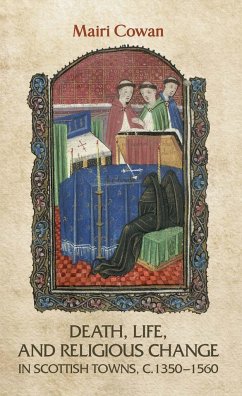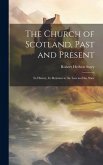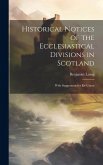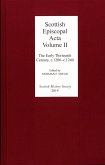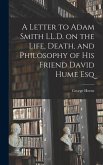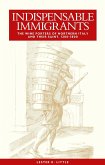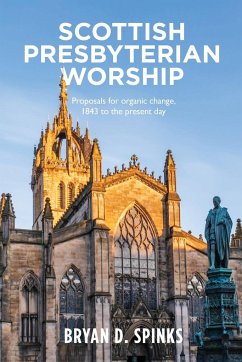In about the year 1460, a new bell was installed at the parish church of St Giles, Edinburgh. Inscribed on its surface was a Latin phrase which said 'I lament the dead, I summon the living, I subdue thunderbolts'. Death, life, and religious change in Scottish towns c. 1350-1560 follows this inscription to consider lay religious culture in Scottish towns between the Black Death and the Protestant Reformation. It examines what the living did to influence the dead and how the dead were believed to influence the living in turn; it explores the ways in which townspeople asserted their individual desires in the midst of overlapping communities; and it considers both continuities and changes through the period, highlighting the Catholic Reform movement that reached Scottish towns before the Protestant Reformation took hold - a sequence of events unique in European history. Students and scholars of medieval and early modern Scottish history will find in this book a new approach to the religious culture of Scottish towns between 1350 and 1560, one that interprets the evidence in the context of a time when Europe experienced first a flourishing of medieval religious devotion and then the sterner discipline of early modern Reform. Those with an interest in other areas of the medieval and early modern world will be able to draw from this book a better understanding of how Scotland both fits into and also stands out from the familiar models of late medieval and early modern European religious and social history.
Hinweis: Dieser Artikel kann nur an eine deutsche Lieferadresse ausgeliefert werden.
Hinweis: Dieser Artikel kann nur an eine deutsche Lieferadresse ausgeliefert werden.

